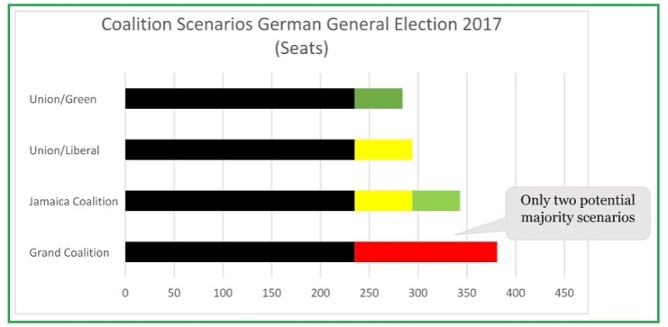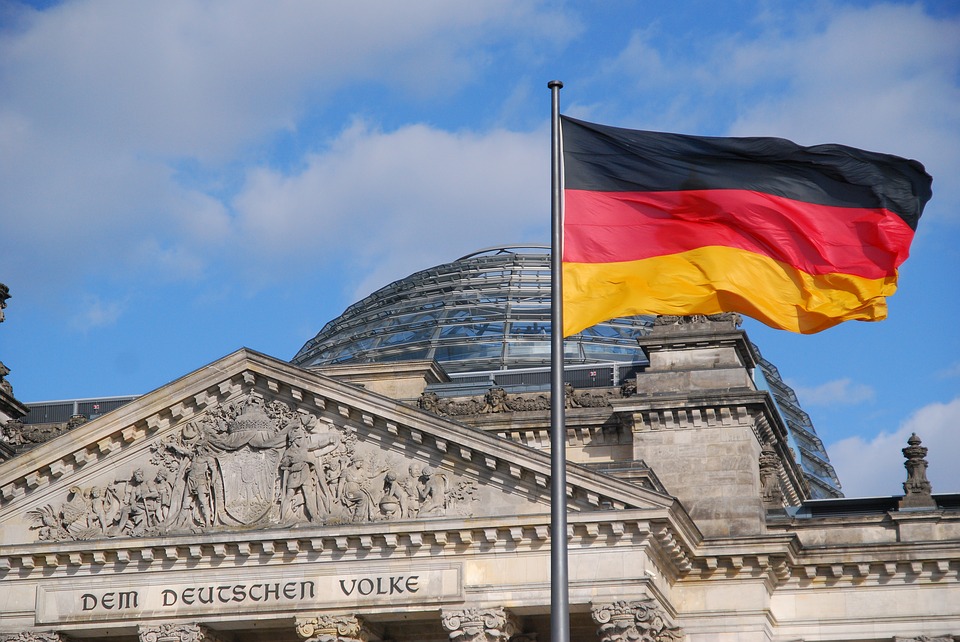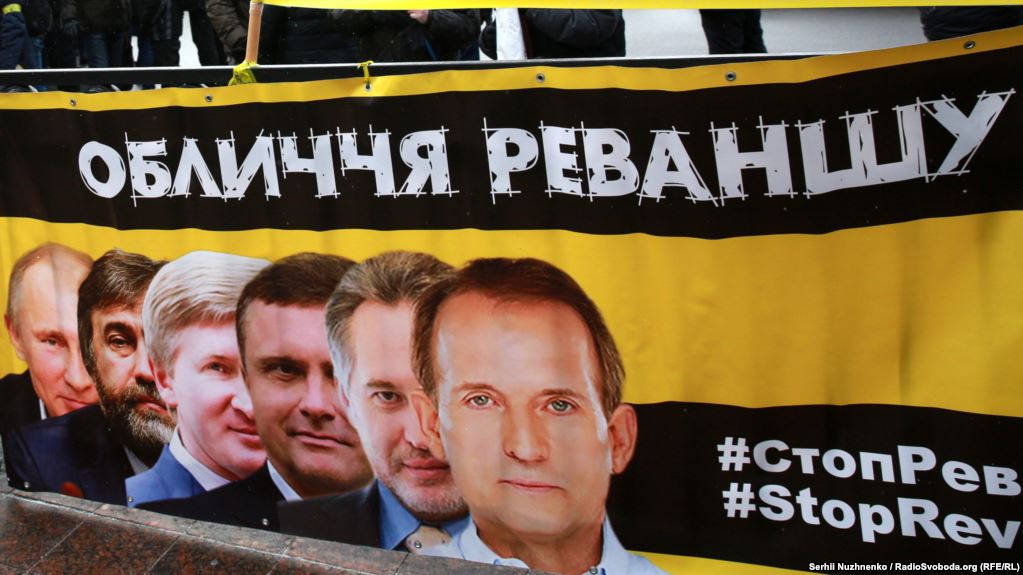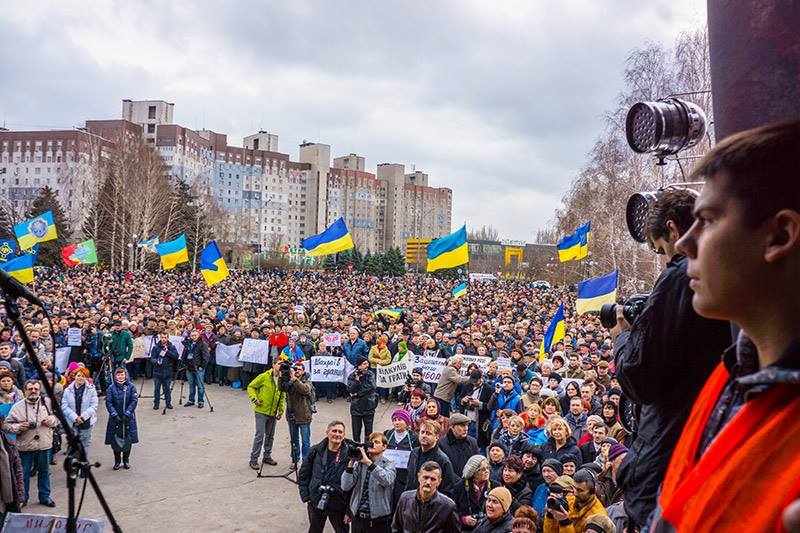The elections for the Bundestag, the German parliament, are approaching and Moscow's attempts to influence the outcome of the ballot box have failed to materialize. One of the reasons might be that the expected maintenance of the political status quo in Germany is a quite good option for Russian President Vladimir Putin, thinks Maxim Kireev.
Where are the Russians? For months, Western secret services and security authorities had warned that Russia could interfere in the German election campaign. The increased interest of the Russian media in the presidential election in France alone was sufficient to provoke suspicions of a Russian interference.
Two years ago, Russian hackers in Germany had allegedly stolen about 16 Gigabytes of documents from the email accounts of some Bundestag deputies through phishing attacks. Material that could be conveniently placed during the election campaign to support the political force favored by Moscow.
Also, the direct influence of the Russian media on German voters, especially those with Russian roots, has also been a recurring theme for months.
Recently Igor Eidman, a German journalist and cousin of the murdered Russian opposition leader Boris Nemzow, founded the "Forum of Russian-speaking Europeans in Germany."
Eidman urgently warns that Russia had "clearly intensified" its "agitation work" in the run-up to the Bundestag elections. His association could help against this with a Russian-language online portal and a "Center of Experts for Hybrid Warfare."
Of course, it's easy to condemn those warnings as an attempt to capitalize on the Russian hype. However, the thought that the Kremlin is interested in the domestic policy of other countries is not so far away from the truth. For years, Moscow has been supporting Russia-friendly forces in Europe. Thus, politicians from the German AfD and Die Linke parties have already traveled to the annexed Crimean peninsula at Russia's invitation.
But why does it remain so calm ahead of the Bundestag elections?
No one can say whether Moscow has ever had a plan for the election in Germany. What is certain, however, is that Russia has little to gain in the elections in Germany, but a lot to lose.
The worst option for Moscow would be a Jamaican coalition of CDU/CSU, Greens, and FDP.
The Greens are considered to be the most critical party of Russia in Moscow. Not only because they are consistently advocating for maintaining EU sanctions against Moscow, but also because they want to stop Russia's second Baltic Sea pipeline, Putin's most important project in Germany. If Green Party leader Cem Özdemir becomes Minister of External Affairs after the election, it would be a very unpleasant surprise for Putin.

The best result for Moscow would be a further relaunch of the Grand Coalition. In Moscow, the SPD is considered to be the party with which one can do business best. Angela Merkel, too, demonstrated her willingness to take a moderate stance on the recent US sanctions against Russia.
The Grand Coalition also supports Nord Stream 2. From a Russian perspective, maintaining the political status quo in Germany would be the best possible outcome of the election.






